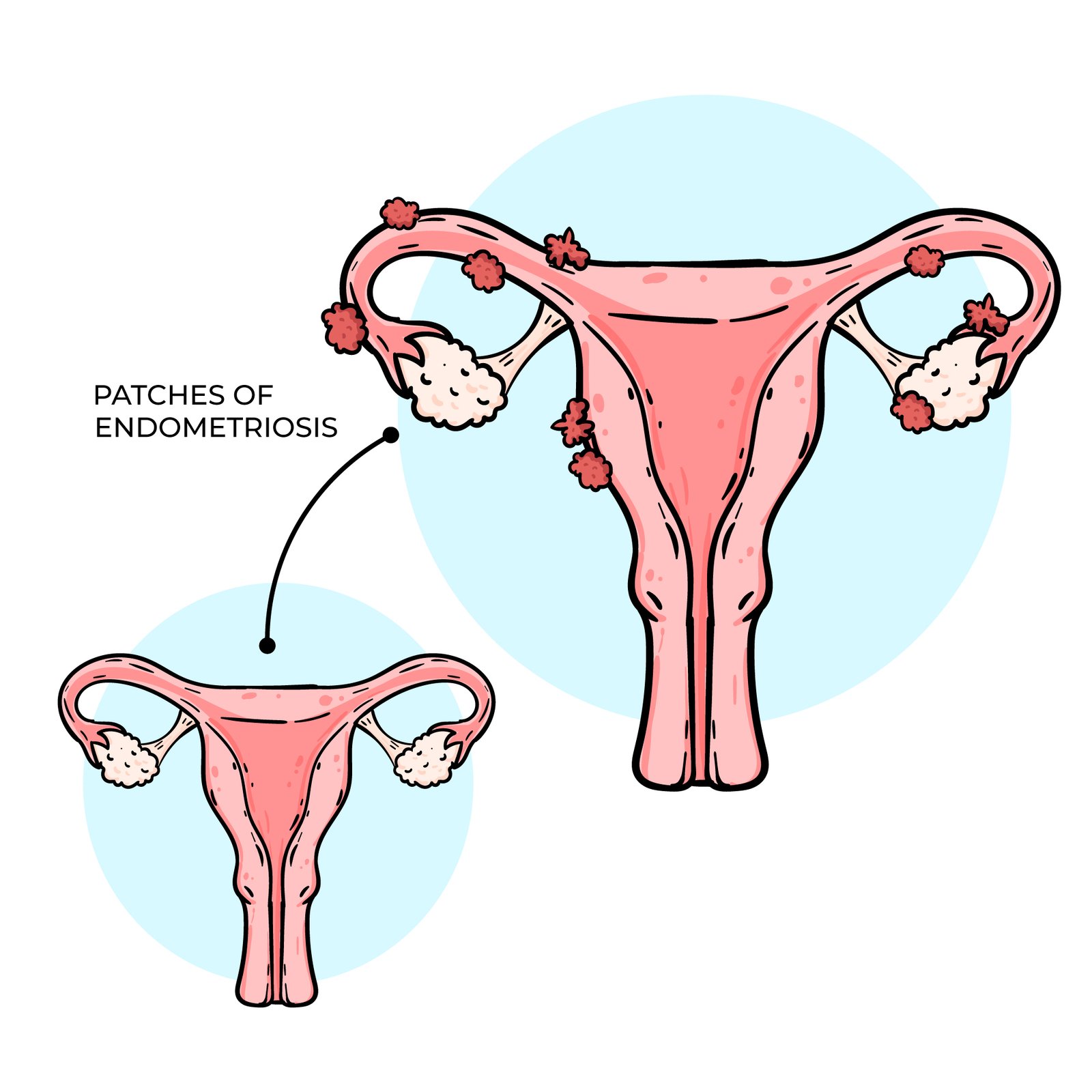
Blog Details
_11zon.webp)
Understanding Hematuria: When Blood in Your Urine Requires a Urine Specialist Doctor in Ranchi
Blood in the urine, medically known as hematuria, can be quite alarming when noticed. This condition requires proper medical attention, and consulting a urine specialist doctor in the city of Ranchi might be necessary for those experiencing this symptom. While sometimes harmless, hematuria could indicate underlying conditions that might need prompt diagnosis and treatment.
Many people ignore slight discolouration in their urine, attributing it to dietary changes or medication. However, a urine specialist doctor in Ranchi would advise that any unusual colour changes merit investigation. Hematuria may appear obvious with reddish urine or might only be detectable under microscopic examination during routine checkups.
Hematuria, or blood in the urine, can indicate underlying conditions such as infections, kidney stones, or prostate problems and should never be overlooked. The Urologist at Orchid Medical Centre in Ranchi provides skilled diagnosis and care through modern testing and imaging. Most cases can be adequately controlled with timely treatment, which may include medication or minimally invasive treatments. Preventive measures such as appropriate hydration, a balanced diet, and frequent check-ups are essential for sustaining urinary health.
What Causes Blood in Urine?
The presence of blood cells in urine can stem from multiple sources along the urinary tract. Common causes include urinary tract infections, which affect millions globally each year. These infections create inflammation that damages blood vessel walls, allowing red blood cells to leak into urine.
Kidney stones represent another frequent culprit behind hematuria. These mineral deposits form in the kidneys and can cause significant pain when passing through the urinary system. The sharp edges of stones often scratch the urinary tract lining, resulting in bleeding that becomes visible in urine.
Enlarged prostate affects many men as they age, potentially causing hematuria. When the prostate enlarges, it compresses the urethra, creating pressure that may damage blood vessels. This condition typically develops gradually, with blood in urine sometimes appearing as an early warning sign of prostate issues.
When Should One Seek Medical Attention?
Any instance of visible blood in urine warrants prompt medical evaluation. Even if the bleeding stops quickly, the underlying cause requires identification. Ignoring this symptom could allow potentially serious conditions to progress unchecked, leading to complications that might have been prevented with early intervention.
Accompanying symptoms like painful urination, frequent urination, or lower back pain increase the urgency for medical consultation. These additional signs often help specialists narrow down possible diagnoses. They might indicate infection, inflammation, or obstruction somewhere in the urinary system that needs addressing.
Persistent hematuria, even when microscopic, should never be dismissed as normal. Some serious conditions like bladder cancer initially present with intermittent bleeding that's easy to overlook. Regular check-ups can detect microscopic hematuria before conditions worsen, highlighting the importance of routine urinalysis.
Diagnostic Approaches for Hematuria
Proper diagnosis begins with a thorough medical history and physical examination. The specialist will inquire about recent illnesses, medication use, and family history of urinary conditions. This information provides crucial context for interpreting subsequent test results and developing an accurate diagnosis.
Urinalysis serves as the foundational test for evaluating hematuria. This simple test examines urine composition, confirming the presence of blood and checking for signs of infection. The analysis might also reveal protein, crystals, or other substances that provide clues about the underlying cause.
Imaging studies often prove necessary for thorough evaluation. Ultrasounds, CT scans or MRIs can visualise the entire urinary system, revealing structural abnormalities, stones, or growths. These non-invasive procedures help specialists develop a comprehensive understanding of what's happening within the urinary tract.
Treatment Options for Different Causes
Treatment approaches vary significantly depending on the underlying cause. Bacterial infections typically respond well to appropriate antibiotics, with symptoms often improving within days. Complete resolution requires finishing the entire prescribed course, even after symptoms disappear.
Kidney stones sometimes pass naturally with increased fluid intake and pain management. Larger stones may require minimally invasive procedures to break them into smaller fragments. Modern techniques like shock wave lithotripsy can effectively treat stones without traditional surgery in many cases.
For more complex conditions like tumours or structural abnormalities, surgical intervention might become necessary. Advances in surgical techniques now allow for many procedures to be performed with minimal incisions. Recovery times have shortened considerably compared to traditional open surgeries of the past.
Preventive Measures to Avoid Hematuria
Staying properly hydrated represents one of the simplest preventive measures against many urinary conditions. Adequate water intake dilutes urine and encourages frequent urination, helping flush the urinary system of potentially harmful substances before they cause problems.
Following a balanced diet low in salt and processed foods may reduce the risk of kidney stones in susceptible individuals. Certain foods high in oxalates can contribute to stone formation. Dietary modifications based on personal risk factors might help prevent recurrence in those with previous stones.
Regular medical check-ups remain crucial for early detection of urinary problems before they cause hematuria. Routine urinalysis can identify microscopic blood or other abnormalities that warrant further investigation. Catching issues early typically leads to simpler treatment and better outcomes.
_11zon.webp)
_11zon.webp)
Conclusion
Understanding hematuria and its implications helps people seek appropriate care when needed. While seeing blood in urine naturally causes concern, prompt evaluation by qualified medical professionals typically leads to successful treatment. With proper diagnosis and care, most causes of hematuria can be effectively managed, allowing patients to return to normal, healthy lives without ongoing urinary issues.






















.jpeg)

.jpg)

.webp)

 (1).webp)


.webp)